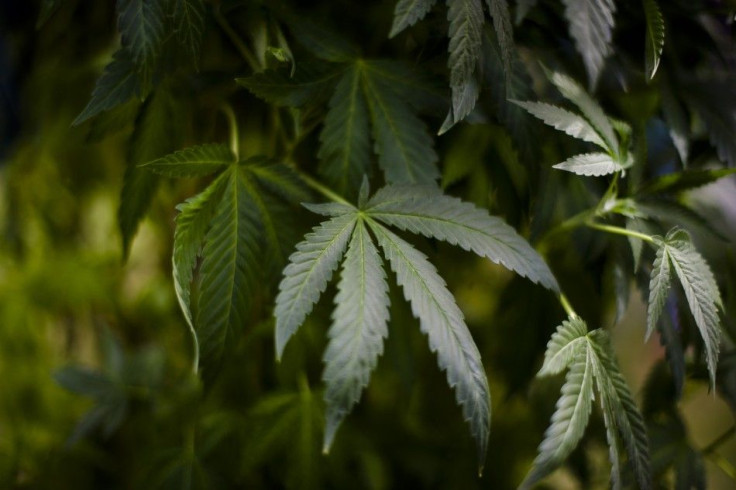Groups Push for Medical Marijuana Treatment for Veterans Suffering from PTSD

Alarmed by soaring rates of post-traumatic stress disorder amongst Iraq and Afghanistan veterans, researchers are pushing the federal government to allow them to conduct a study on using medical marijuana to treat psychological wounds.
The proposal, advanced by California's Multidisciplinary Association for Psychedelic Studies and the University of Arizona College of Medicine, would examine the effects of cannabis on 50 veterans who have not responded to other treatment. The Food and Drug Administration has declared the study to be safe, but the Department of Health and Human Services' scientific review panel has yet to give the greenlight.
We really believe science should supersede politics, said Dr. Sue Sisley, an assistant professor of psychiatry and internal medicine at Arizona. This illness needs to be treated in a multidisciplinary way. Drugs like Zoloft and Paxil have proven entirely inadequate. And there's anecdotal evidence from vets that cannabis can provide systematic relief.
By many measures, PTSD rates have reached staggering levels for veterans returning from Iraq and Afghanistan. Counterinsurgency differs from previous conflicts because all soldiers, not just combat infantry, must contend with the constant threat of sudden and random violence caused by roadside bombs and witness civilian deaths. A 2009 study by Stanford University found that PTSD rates could be as high as 35 percent for Iraq and Afghanistan veterans. Suicide is also on the rise -- a 2010 report by the Department of Defense's Suicide Prevention Task Force described the immense strain on a military that is stretched thin and full of soldiers exhausted by multiple deployments.
With so many veterans from the wars in Iraq and Afghanistan, there is a widely accepted need for a new treatment of PTSD, said Rick Doblin, founder and executive director of the psychedelic studies group. These are people whom we put in harm's way, and we have a moral obligation to help them.
But Doblin and Sisley have a steep hill to climb. Only two of the 16 states where medical marijuana is legal list PTSD as a condition making people eligible for treatment, and they are likely to face resistance in attempting to study the benefits of a substance still banned under federal law. If the proposal is approved, the researchers would use marijuana grown by the University of Mississippi under a contract with the National Institute on Drug Abuse.
© Copyright IBTimes 2024. All rights reserved.





















